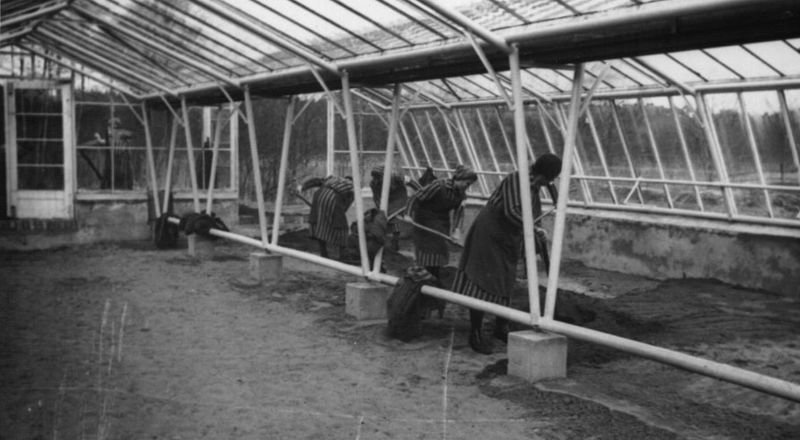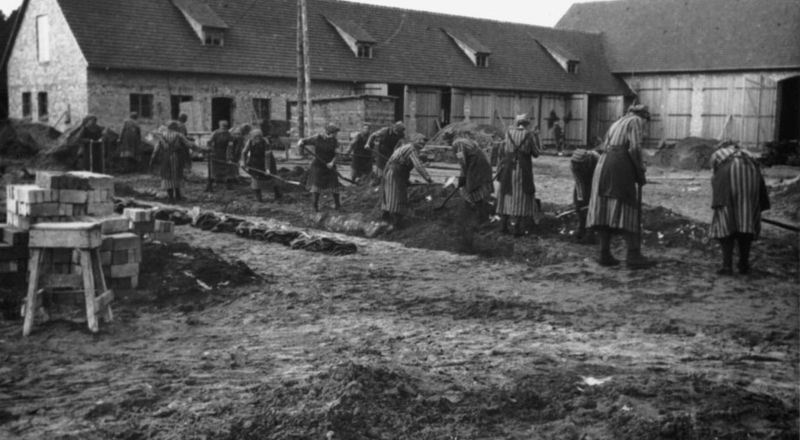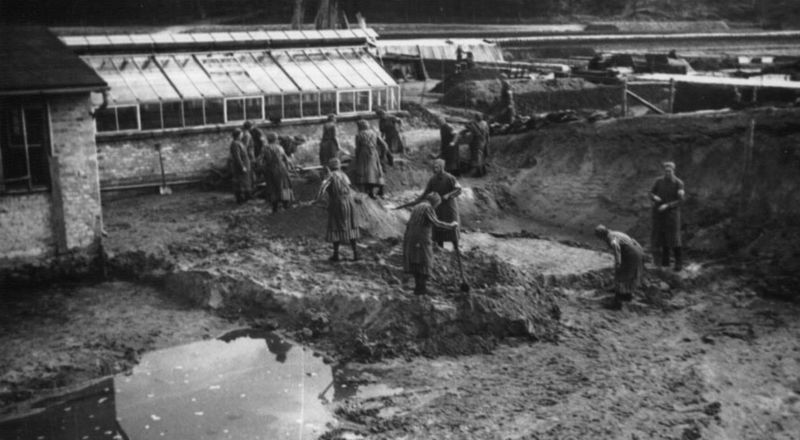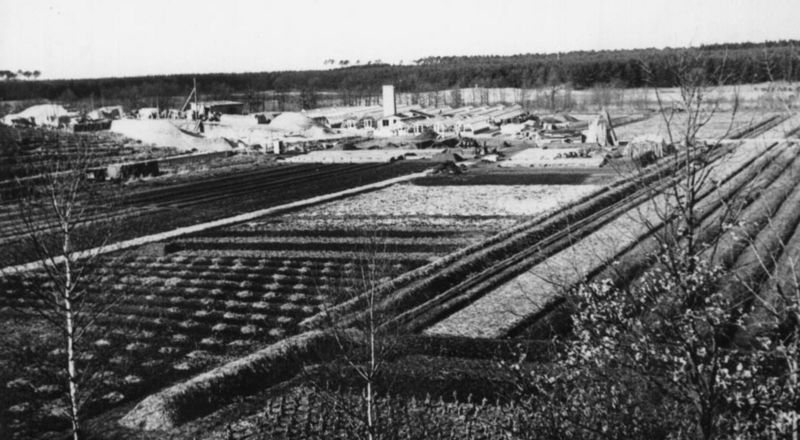4 Images
The technical and ideological environment of Nazi agricultural policy and its aims and contradictions are being studied on the basis of the work of the SS organisation the “German Experimental Institute for Food and Supply” (DVA - Deutsche Versuchsanstalt für Ernährung und VerpflegungGmbH). On the one hand, the study is looking at the role of the DVA and the experimental farms operated by it in concentration camps and occupied territories in agricultural policy planning and decisions – such as the autarky policy, the eastward expansion and food supply, or rather deliberate non-supply, the so-called “Hunger Plan”. On the other hand, it is looking at the lines of connection between the DVA and other institutions relevant in agricultural policy, such as the “Reich” Ministry for Food and Agriculture and the “Reichsnährstand“, the government body responsible for regulating food production. The position of the DVA within the SS system is also to be determined.
The project is divided into three main areas of research:
- As part of a case study, three experimental farms of the Ravensbrück DVA – Comthurey, Brückentin and Ravensbrück – are being looked at with regard to their institutional history, their social and labourrelated factors, their exchange relations and the deployment in them of concentration camp inmates as forced labour. Of particular interest is the Nazi-specific contradiction between vision and practice in agricultural policy and their significance in terms of the eastward expansion.
- In addition, the role of the DVA in Nazi agriculture is being looked at in terms of its aims, its structure and sense of identity as an SS organisation. For this, light is being shed on the DVA’s production fields in the occupied territories and concentration camps, planting and feeding experiments using substitute foodstuffs, the impact of the DVA on the war economy and its significance in the development of settlement concepts and utopias.
- To identify lines of development of the DVA, the farm businesses in Ravensbrück with their various areas of focus will be compared with those in Auschwitz, Dachau and the SS Institute for Plant Genetics in Lannach.
The project has been designed to last 28 months and is being provided with intensive technical support by two members of the Commission of Historians at the Federal Ministry of Food and Agriculture, Prof. Daniela Münkel and Prof. Andreas Dornheim.
The project’s findings are to be published in a monograph on the DVA. A European Summer University has already taken place on the topic in September 2018. It is intended that the project will then be followed by a travelling exhibition which will be developed in co-operation with the Dachau Concentration Camp Memorial.




